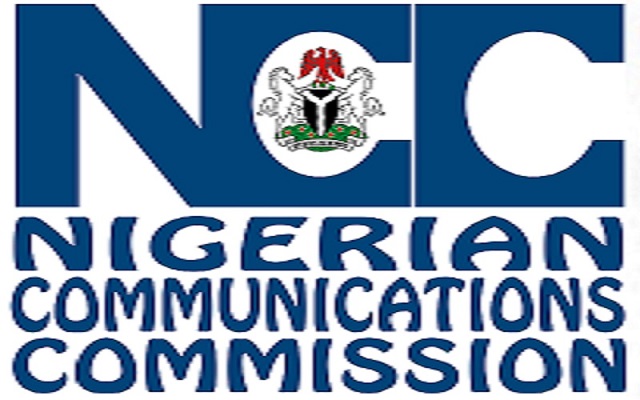News Highlights:
- NCC and Stakeholders held Strategic Policy Dialogue to Support Community Networks
- The workshop was part of Unified Stakeholder effort to tackle digital exclusion
In a bold move to bridge the persistent digital divide and promote inclusive socio-economic growth, key stakeholders have converged to tackle the challenges of rural network connectivity in Nigeria.
Central to this initiative is a strategic collaboration spearheaded by the Nigerian Communications Commission (NCC), in partnership with the Association for Progressive Communications and other institutional actors.
The collaborative effort culminated in a two-day high-level policy dialogue held in Abuja from June 3 to 4, 2025, which focused on crafting a viable policy framework to support the development of community networks, locally-owned and operated connectivity solutions that hold promise for Nigeria’s unserved and underserved regions.
Participants at the forum included regulators, community representatives, technical experts, and prospective international investors. Deliberations centred on dismantling regulatory and policy barriers, identifying innovative funding models, advocating for sustainable and renewable energy-powered solutions, and fostering long-term collaboration among stakeholders.
Addressing participants at the workshop, the Executive Vice Chairman of NCC, Dr. Aminu Maida, represented by NCC’s Executive Commissioner, Technical Services, Abraham Oshadami, said the workshop is important to bridging the digital divide in Nigeria and foster inclusive social economic development.
“This workshop is an opportunity for all of us to harness the expertise, insights, and experiences of diverse stakeholders present here which includes the regulators, community leaders, technical experts and potential foreign providers to address the critical challenges such as affordable devices, access, licensing, spectrum allocation, infrastructure development, sustainability and institutional monitoring,” said Maida.
He stated that the workshop demonstrates the Commission’s commitment to advancing digital inclusion, particularly in underserved and unserved areas. “At NCC, we recognise the transformative potential of community centre networks in achieving this important goal,” he said.
The EVC said NCC was committed to “this journey and views this workshop as a catalyst for meaningful change,” stating that the expertise, perspectives and commitments will shape the future where every Nigerian, regardless of his or her status, will have meaningful access to opportunities from digital connectivity.
In her remarks, Co-manager of the Association for Progressive Communications’ Local Network (LocNet) initiative, Kathleen Diga, noted that the collaboration was to tackle identified hindrances to digital inclusion. “This is a space where we can be open and exchange ideas of possibilities, opportunities that will remain in realising values of a diversified ecosystem.”
According to Diga, “I believe this workshop presents a moment in time that we can explore the bottom-up approach in local communities, small social enterprises, corporative among others, which have the ability to fill some of the digital gaps that remain unfilled.”
She emphasized the need to recognize the growing presence of community connectivity centers across the Global South as a strategic response to digital exclusion.
The workshop featured presentations from the NCC, the Association for Progressive Communications and other institutional stakeholders such as the Rural Electrification Agency (REA) and the Central Bank of Nigeria (CBN) all geared towards exploring a joint policy framework to address rural digital divide.
The Association for Progressive Communications is a 35-year-old international network member-based organisation encouraging digital inclusion in the unserved communities, particularly with communities in the global south and the workshop, through its LocNet initiative aimed at crafting an enabling inclusive regulatory framework for community networks in Nigeria.

